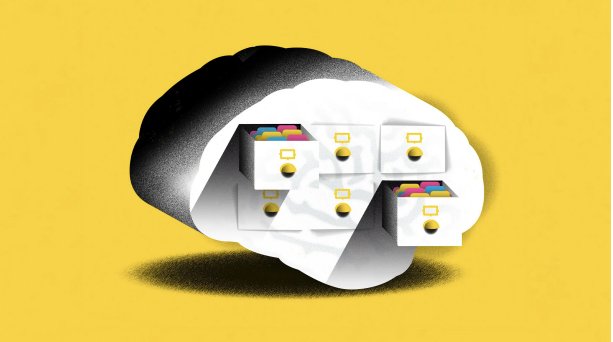


In our learning journey, we all seek various techniques to better grasp information and store it in our long-term memory. Methods like repetition, mind maps, and the Pomodoro technique are quite common. But what if we told you a more effective way to solidify your knowledge using your brain's natural learning mechanism? Retrieval practice comes into play right here! This simple yet powerful technique is based on actively trying to recall information you have already learned from your memory. Instead of rereading or listening to the information repeatedly, you make an effort to remember it on your own.
Information Retrieval: When you try to remember, your brain activates the relevant neural networks and tries to pull the information from where it is stored.
Strengthening: During this effort, your brain reprocesses the information and embeds it into long-term memory through stronger neural connections.
Flexibility: Retrieval practice makes information more flexible by making you think about how it can be used in different contexts.
Test yourself: After reading a text, try to recall the main ideas and important details on your own.
Use flashcards: Create your own cards or use ready-made sets. Have the term or question on one side and the answer on the other. Review the cards regularly and try to remember the answer.
Prepare practice tests: Create short quizzes for yourself and test your knowledge by asking questions from topics you have already learned.
Explain it: Try to explain what you have learned to someone else. This will help you see the gaps in your knowledge and understand it better.
Better retention: Research shows that retrieval practice is more effective at storing information in long-term memory compared to traditional methods like repetition.
Deeper learning: Trying to remember information instead of repeating it helps you understand and grasp it more deeply.
Develops critical thinking skills: Retrieval practice allows you to analyze and evaluate information, thus enhancing your critical thinking skills.
Boosts motivation: When you successfully recall something, it motivates you to keep learning.
Remember: Retrieval practice is most effective when done regularly. By incorporating this technique into your daily study routine, you can transform the way you learn and make your knowledge stick.
Good luck!